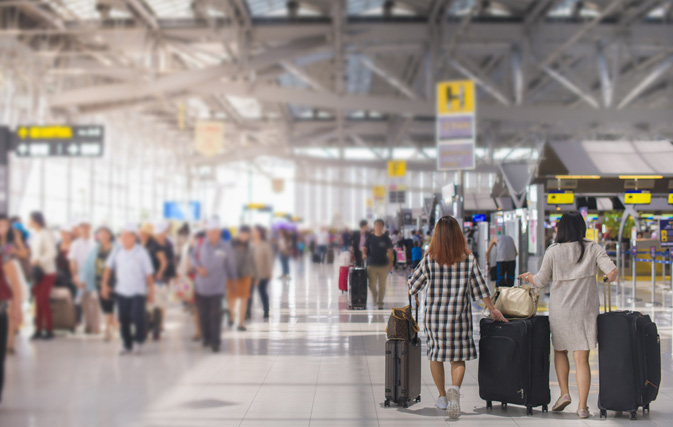GENEVA — According to the International Air Transport Association (IATA), global passenger traffic for July showed an acceleration in demand growth over the previous five months.
Total revenue passenger kilometres (RPKs) rose 5.9%, compared to the same month last year, with all regions reporting growth. Monthly capacity (available seat kilometres, or ASKs) increased by 6.0%, and load factor was 83.7%, just 0.1% below the record July high achieved in 2015.
“July saw demand strengthen after a softening in June. Demand was stimulated by lower fares which, in turn, were supported by lower oil prices. And near record high load factors demonstrate that people want to travel,” said Alexandre de Juniac, IATA’s Director General and CEO. “But there are some important sub-plots to the narrative of strong demand. Long-haul travel to Europe, for example, suffered in the aftermath of a spate of terrorist attacks. And the mature domestic markets are seeing demand growth stall while Brazil and Russia contract.”
July international passenger demand rose 7.1% compared to July 2015, which was an increase over the 5.0% yearly increase in June. Airlines in all regions recorded growth, with Middle East carriers leading the pack in July with a 13.1% year-over-year increase, followed by Asia-Pacific airlines with a 9.8% increase in July traffic compared to the year-ago period.
Domestic travel demand climbed 3.8% in July compared to July 2015, its slowest pace in 19 months. China and India are booming while more mature markets are stuck in neutral. Brazil and Russia, on the other hand, are sliding backwards. Brazil’s traffic decline reflects not only the country’s economic turmoil, but also the fact that as airlines reduce services, options for travellers are being curtailed by fewer and less frequent air connections. August demand, however, could see an uptick due to the Olympics.
The bottom line, said de Juniac, is that passenger demand has grown in line with the average of the past 10 years but the industry faces some potential headwinds, including lingering impacts from the series of terrorist attacks and the fragile economic climate.
“The environment in which aviation operates is dynamic, even volatile,” he added. “Speed is of the essence. As an industry we must be prepared for rapid innovation in order to manage shocks and take advantage of opportunities as they arise.”

